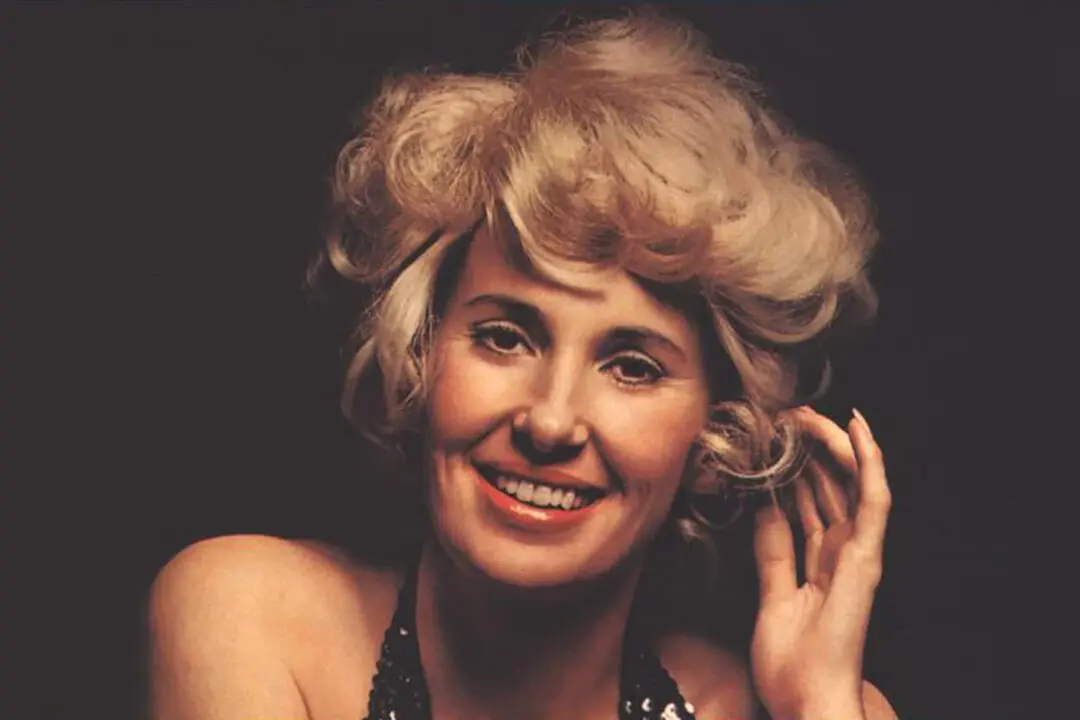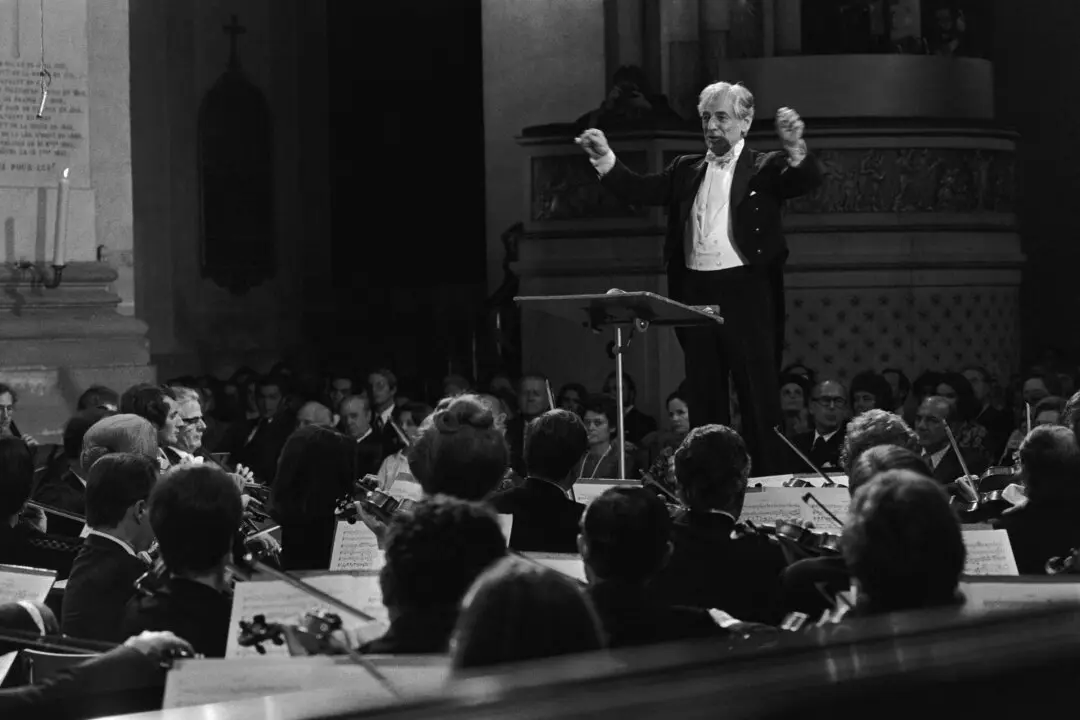Known for her soaring, vibrato-tinged voice and extravagant dresses worn while performing, Loretta Lynn’s story is a true rags-to-riches American tale. Her career was lauded with many awards that put her among the greats of country music as she shared songs that blended the past with the present.
Coal Miner’s Daughter
Despite her rise to fame, she always remembered her modest roots in Kentucky. Born Loretta Webb in 1932 to parents Ted and Clara Marie, her isolated upbringing in the backwoods of Butcher Holler, Kentucky, meant that she learned the value of self-reliance early on. While her father spent his days making money any way he could, Loretta was at home with her mother experiencing firsthand the quiet strength that homesteading women possessed while caring for their families.In an interview with American Songwriter Magazine, she spoke of her mother’s fingers often bleeding from domestic work:
“In the wintertime, we had these old clotheslines made out of wire. It would be so cold that her fingers would stick to that wire ... She’d scrub on washboards all day and her fingers would bleed. But she didn’t complain.”Loretta followed up memories of her mother’s calloused hands by saying, “My mommy, to me, was beautiful.”





